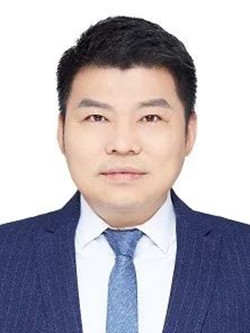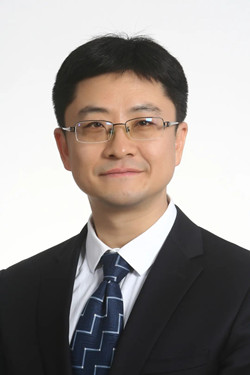Home> Sessions
Session 31: Cutting-edge technology leads to scientific discovery
Updated: 2023-07-31
In recent years, Chinese scientists have achieved remarkable accomplishments in the research of new technologies and methods in various fields of life sciences. Many cutting-edge technologies have broken the limits of existing techniques, exhibiting more advanced technical indicators. These breakthroughs have brought about significant scientific discoveries. Chinese scholars have been increasingly published in top-tier methodological journals such as Nature Biotechnology and Nature Methods, exerting great influence in the field of life sciences. Research on new methods and technologies has gradually become an important and mainstream research direction.
This session will select notable breakthroughs in new technologies and methods by domestic scholars in such fields as imaging, gene editing, spatial omics, single-molecule sequencing, de novo protein design and synthetic chemistry. Stay tuned for this academic feast!
Chairs

Chen Liangyi
Professor, Peking University

Sun Fei
Research fellow, Institute of Biophysics, Chinese Academy of Sciences (CAS)
Invited speakers & reports
Yang Yi
Professor, East China University of Science and Technology
Report: Synthetic fluorescent proteins and RNAs for in vivo studies
Wang Huabin
Research fellow, Chongqing Institute of Green and Intelligent Technology, CAS
Report: Terahertz techniques for biological studies
Jiang Huaidong
Professor, ShanghaiTech University
Report: Opportunities and challenges in biological imaging technologies based on large-scale scientific facilities
Peng Guangdun
Research fellow, Guangzhou Institute of Biomedicine and Health, CAS
Report: Spatial omics and spatial data analysis
Wang Guoqiang
Gator Bio, Inc
Report: Next-generation biolayer interferometry (BLI) technology simplified biomolecular interaction analysis
Wei Wensheng
Professor, Peking University
Report: TBD
Liu Haiyan
Professor, University of Science and Technology of China
Report: AI methods for protein design
Shui Wenqing
Associate professor, ShanghaiTech University
Report: GLP-1 receptor: What can we do after solving its structure?
Wu Zhaofa
Peking University
Report: GRAB sensor reveals activity-dependent non-vesicular somatodendritic adenosine release
Ye Libin
University of South Florida, USA
Report: Exploration of 19F-qNMR in tapping the functions of GPCR intermediate-states
Pan Leiting
Nankai University
Report: Macrophage migrates on adhesive-nonadhesive alternate surfaces in mesenchymal mode
